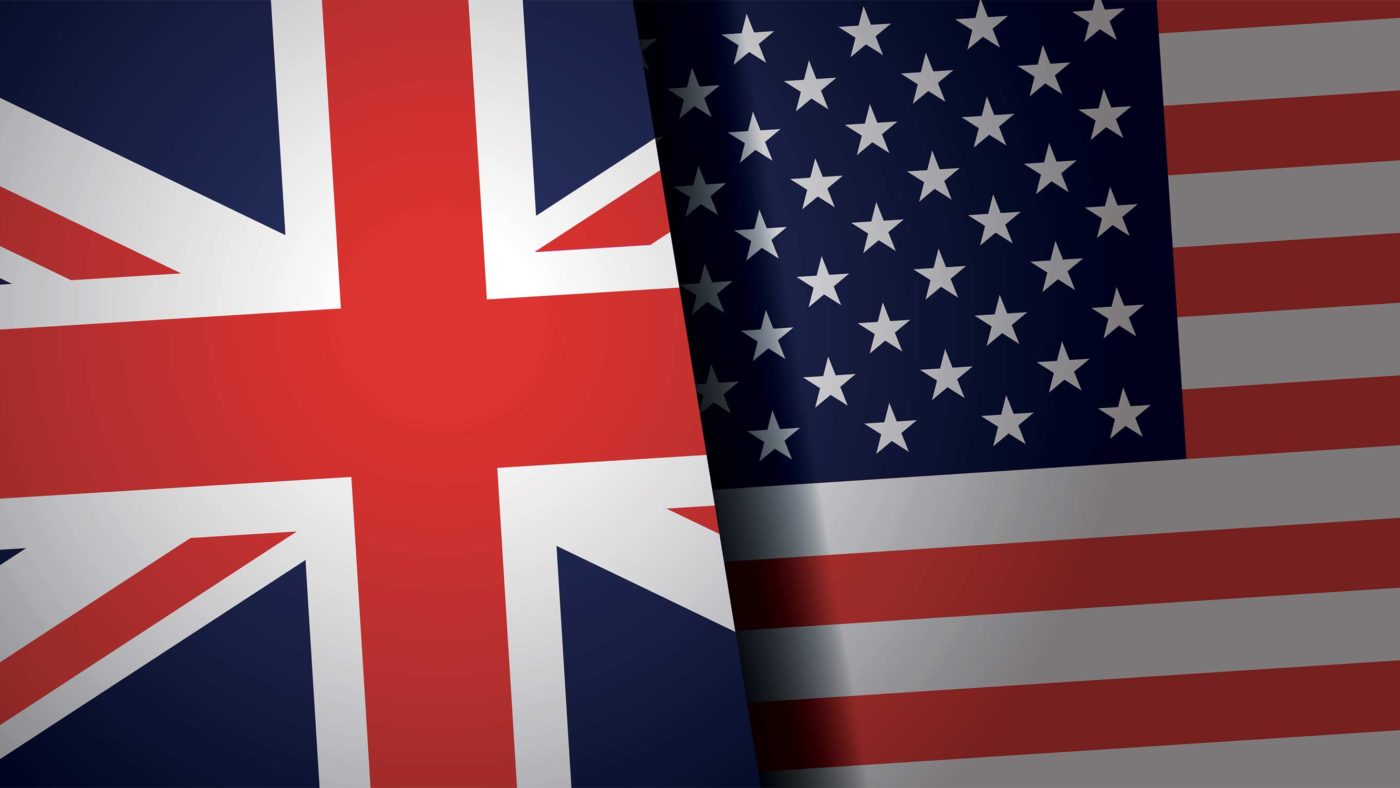“The US needs a strategy for post-Brexit Britain…We need a supportive embrace that also allows the UK the flexibility to develop roles within regional and global systems. ..If we don’t engage Britain in a serious and modern trade agreement…we’ll miss a historic opportunity to help Britain become an allied partner for the next 30 years.”
Robert Zoellick, former US Trade Representative and former president of the World Bank chief, Carnegie Endowment for International Peace, February Feb 17, 2021.
The recent deal between the UK and US to remove British products from US retaliation lists related to the Boeing-Airbus dispute, in exchange for commitments on a UK resolution of its part of the Boeing-Airbus deal, is a significant achievement. While it is only provisional, and many would argue a technical fix to the 20-year dispute, the agreement presages the potential conclusion of the much broader trade agreement Ambassador Zoellick refers to in the quote above.
Senator Chuck Grassley, a senior member and former chair of the Senate Finance Committee, has also suggested that this deal should herald the conclusion of an ambitious UK-US free trade agreement. It is doubly important because the US was in the market for such a deal from both the UK and the EU at the same time, and the EU was unable to deliver. This illustrates a number of key things:
- The UK does have more flexibility on these matters now it has left the EU, provided it does not allow itself to be aligned to EU regulations and policy.
- When UK external trade policy (as expressed by the Department for International Trade) and domestic regulatory policy (as expressed by Department for Business, Energy and Industrial Strategy) are mutually supportive and not antagonistic, great things can be accomplished on behalf of the UK as a whole. Both Secretaries of State, Liz Truss and Kwasi Kwarteng, deserve great credit here.
- This deal is massively important for Scottish industry from Scotch whisky to cashmere to food. There is little doubt it could not have been achieved by Scotland acting alone, because the US does not have sufficient offensive interests in the Scottish economy by itself, but it demonstrably does with the UK as a whole.
- The benefits are not limited to Scotland by any means. Northern Irish whiskey (and indeed Welsh) producers (think Bushmills in County Antrim) also benefit.
There is now a four-month period when the parties need to finalise this agreement. This will require continued cooperation between BEIS and DIT which is vital for this and many other issues. It will also require the UK to ensure that the impediments to a comprehensive FTA are removed.
The Biden administration has clearly prioritised the implementation of the Northern Ireland Protocol (NIP), but does understand that there is a UK and EU interpretation of the NIP which can be different. As long as the UK stays in the bounds of the NIP, but fully utilises the easements and simplifications possible under the Union Customs Code and the legal rules of the NIP, it is likely the Biden administration will be satisfied.
Equally, the Biden administration is, if anything, more exercised than the Trump administration on massive own goals like the UK’s Digital Services Tax. This anti-innovation tax only damages the entrepreneurial tech sector which the UK prides itself on having. While such a tax might be a good revenue raiser for countries that have no aspirations in the tech space, it is wholly inappropriate for the UK and should be removed. Senator Ron Wyden, Chairman of Senate Finance is a west coast Senator and they are particularly sensitive to deemed attacks on US tech interests.
The UK needs to also show the US’ agricultural interests, which are also strong on both sides of the aisle, that it is not going to adopt a protectionist regulatory posture. In this regard the recent report of the UK’s Trade and Agriculture Commission is important. Somewhat surprisingly, given the heavy representation of the NFU in its membership, the Commission was unanimous in arguing for zero tariffs and zero quotas in agriculture, provided that there was a mechanism to deal with anti-competitive market distortions (which could include where a trading partner was deliberately derogating from an agreed FTA standard in ways that damaged trade, and undermined UK producers).
The US might very well support such a mechanism, as it would also help in its battles against Chinese market distortions, and might see its inclusion in a UK-US FTA as a positive step, and again one not possible with the EU. The final area would be to ensure the UK does not align to EU regulation and standards, which the UK government seems committed not to do.
This suggests that both sides can resolve any impediments to get a deal done relatively quickly, delivering for the people of the UK, but most especially for the Scottish and Northern Irish, in a manner impossible if they were no longer in the UK’s single market and customs union.
Click here to subscribe to our daily briefing – the best pieces from CapX and across the web.
CapX depends on the generosity of its readers. If you value what we do, please consider making a donation.


